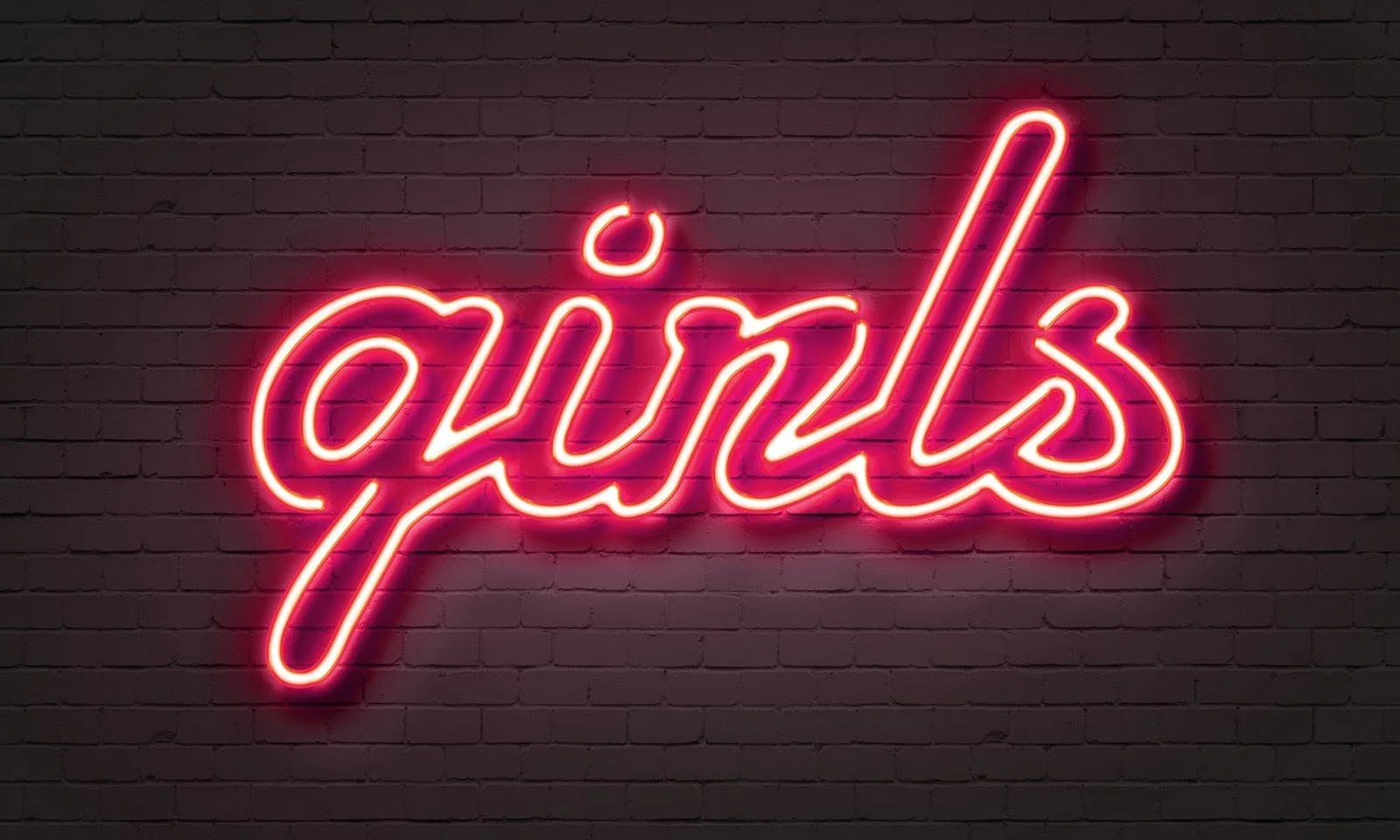There is a growing movement to fully decriminalize prostitution across the nation, built on the belief that full decriminalization will lead to a decrease in trafficking and exploitation. This movement is supported by many sex worker activist groups who, although they represent the minority of people in prostitution, tend to be the most vocal.
According to Treasures— a nonprofit dedicated to empowering survivors of the trafficking and sex industries— 89% of women want to leave prostitution but see no other options for survival.* This statistic is not represented by activists advocating for prostitution to be decriminalized. In fact, 84% of women in prostitution are being trafficked by a third party and are trapped in “the life” due to vulnerability and lack of alternatives. This is not a population that turns to the sex industry by choice. Prostitution turns people into products.

The argument in favor of legalizing or decriminalizing prostitution is based on the belief that doing so will reduce crime and provide women the rights, and freedom, and protection they need to safely work in prostitution. Unfortunately, this is not the case, as demonstrated by the fact that jurisdictions where prostitution is legal to have experienced an increase in the exploitation and trafficked women. A global study of prostitution and trafficking in 150 countries found that, on average, countries with legalized prostitution had greater inflows of human trafficking.
This increase in exploitation occurs because where prostitution is legal, the demand for commercial sex goes up, providing greater incentive to pimps and sex traffickers to push more women into “the life”. The legalization of prostitution does nothing to eradicate the objectification, sexualization, and dehumanization that the sex industry is built upon — it just allows buyers and sellers to engage in the same exploitation without legal consequences.

Those who find themselves susceptible to prostitution are among society’s most vulnerable.
Research shows that:
– 49% of women in prostitution have histories of childhood physical assault.
– Up to 95% were sexually assaulted as children.
– 70% of women interviewed noted that childhood sexual abuse had an influence on their entry into prostitution.
Early adolescence is the most frequently reported age of entry into any type of prostitution, and an estimated 60-86% of domestic sex trafficking victims have been in foster care. It is because of this level of vulnerability and lack of options that some survivors refer to the sex industry as “volunteer slavery” or “the choice made by those who have no choice”.
Ultimately, it is not a system of empowerment, but one that exploits those with the least power.

Rather than protect women from harm, legalizing prostitution prevents women from seeking justice for rape and assault. Prostitution is not “just a job” like any other. It is a profitable system that promotes gender-based sexual violence against women.
Prostitution and Trafficking Are Connected
The commercial sex industry, including prostitution, fuels the multi-billion-dollar criminal enterprise that is human trafficking. 70% of female victims who are trafficked are trafficked into the commercial sex industry, including the legal forms of it, such as porn, strip clubs, and legal brothels.
Prostitution often meets the legal definitions of trafficking. But instead of being prosecuted, it hides behind a mask of “choice”, “profession”, and “glamourized falsehood”.

We must tear down the systemic vulnerabilities that push women and girls into the sex industry. Supporting non-profit organizations such as Set Free Monterey Bay that are on the front lines helping victims can aid in that protection.
Let’s stop calling it the oldest profession in the book, and call it for what it is… the oldest “oppression” in the book.
“My dream is to see a day when little girls don’t have to grow up in a world where sexual abuse and sexual violence run rampant. A world where there is such a huge demand for her to, one day, sell her body in the commercial sex industry. I dream of a day when we have such a deep revelation of the intrinsic worth of every human being, that the idea of renting out bodies for the sexual gratification of another person is preposterous to us. Because I believe that every person on the planet is worth more than the violence, degradation, and dehumanization that prostitution has to offer.”
-Harmony Grillo, Treasures LA
